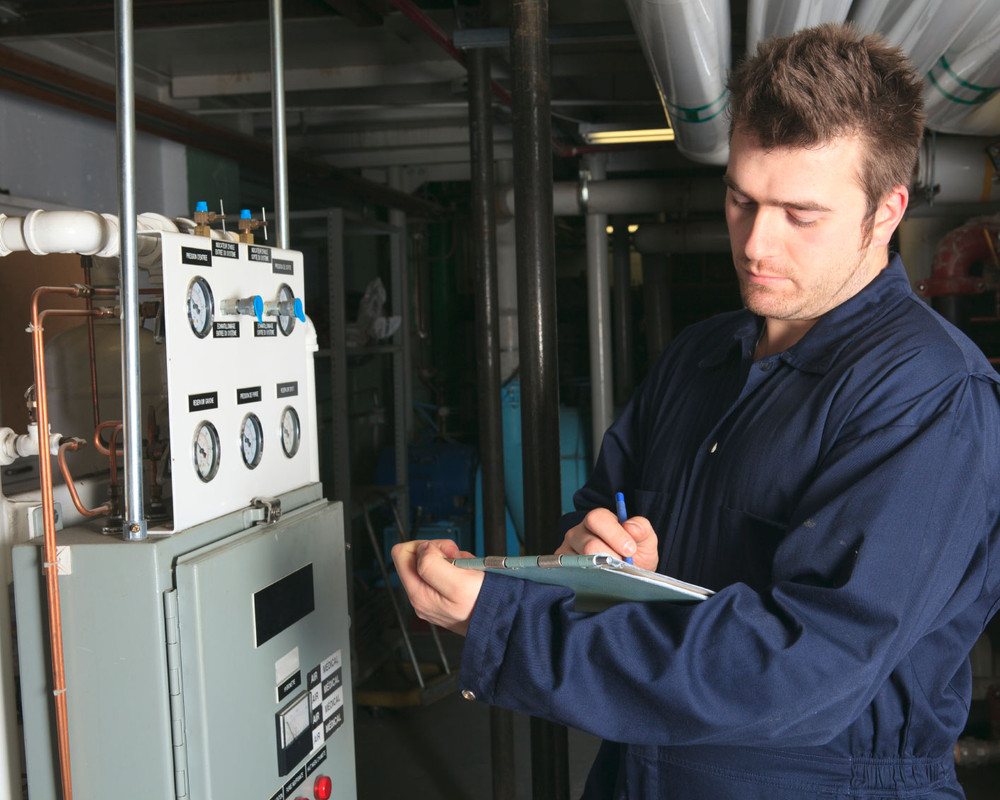
If you're thinking about a brand-new AC system you may be questioning if central air conditioners or brand-new ductless systems are much better.
The answer, obviously, will depend upon your personal scenario. But don't fret, we have actually noted the primary aspects to consider below, and once you have actually read them you ought to have the ability to figure it out pretty easily.
So What is a Ductless System Anyways?
In case you do not know, a ductless or mini-split air conditioning system is a lot like a central air conditioning conditioner system. They both include 2 units: a condenser that sits outside the home, and an evaporator/air handler that sits inside the home. Coolant passes between the two units, bring the heat from inside your home to the outside system where it is released.
With a central air system, nevertheless, the cool air is sent through the air handler on your heater into your ductwork, where it is carried into the rest of the home. A ductless system utilizes a slim cable television in between the condenser and a box on your wall, and no ductwork is included and vents are not required on the floor.
How to Decide: Central Air Conditioning Conditioners vs Ductless
Here are a few of the concerns we ask our customers to help them choose which type is the best furnace maintenance calgary match for their home and requirements.
1. Do You Have Existing Ductwork?
This is the primary decision-maker for the majority of people. If you have actually ductwork in your house currently, it will be more hvac company cost-effective to stay with a central system.
If you have no ductwork, it will cost much less to install a ductless system "from scratch". There will also be much less building mess: all you need is a 3-inch hole in the wall to run the cable through. Ductless systems are also terrific for homes with brand-new additions that aren't connected to the ductwork that goes through the rest of the home.
2. Looking at Central Air Conditioning Conditioners
When you're inside your home, a main Air Conditioner is unnoticeable. A ductless system, nevertheless, needs a vent in the ceiling or slim unit on the wall. While the makers go to a lot of problem to make the boxes as stylish as possible, there is still something to see.
If you're very particular about your decoration, a central system might be a much better option for you.
3. How Big Is Your House?
Many ductless systems just plain do not have enough power to cool a large home. If your home is larger (2,500 square feet and up) opt for central. From 2,000-- 2,500 square feet, the greater power of a central air conditioning system will pay off, and you'll probably get better efficiency out of a central air conditioning system.
If your house is 2,000 square feet or less, consider ductless.
4. Are You Sensitive to Noise?
As a basic rule, ductless systems are quieter.
If noise levels matter to you, be sure to ask your specialist for the noise level (in decibels) for any systems you're considering. Some ductless systems are louder and some main systems are pretty quiet.
5. What is Your Cooling Spending plan?
A good ductless a/c system will start around a couple of thousand dollars for a single indoor unit (installed), but can go higher if you need several indoor systems or desire to purchase the greatest energy efficiency design available. In general, central air conditioning systems are more expensive for similar models, although some top of the line ductless systems will be more pricey than a low-efficiency central Air Conditioning.
Unfortunately, we can't print exact rates right here due to the fact that there's such a substantial variety it would be meaningless. Likewise, sometimes we have an unique or rebate happening that will lower the rate.
The good news is that we provide some exceptional financing options, so you can get the system you require for about $40 per month (sometimes a lot less) no matter what you're getting.
6. How Essential is Energy Performance?
Now, this is a little a crammed question, since with central air the quality of the ductwork and the setup task are a substantial part in assisting a central system reach its efficiency capacity.
For example, if the ductwork wasn't developed well (more twists and turns than required) or if it isn't sealed correctly and air is dripping, the efficiency of a main system drops. In terms of installation quality, the service technician has to do things like making sure the ideal level of refrigerant, a level surface for the outside system, the system matches the air handler, etc
. All that being said, the very best ductless systems have a greater potential energy performance (up to 27 SEER) than the very best main systems (21 SEER).
7. Do You Required Private Zoning Control?
If you have some locations of your home that get way hotter than others, or various member of the family who like different temperatures, a zoning system is the answer.
You can get zone control in both Central Air Conditioners or ductless, however it's less expensive with ductless. This is because to get zoning control with a central air conditioning system, you require upgraded ductwork with internal dampers.
8. Do You Required Supplemental Heating as Well?
Some ductless systems aren't simply an a/c unit, they are what's called a 'heatpump'. That implies when it gets cold outside it can reverse direction and bring warm air in (as long as it doesn't drop below about -7 ° C).
This can be helpful if you want to utilize your furnace less, as heatpump are incredibly effective.
Concerns?
While this general guide needs to help get you began, it's constantly best to talk with a heating and cooling expert to ensure you're getting all the truths as they relate to your specific home.